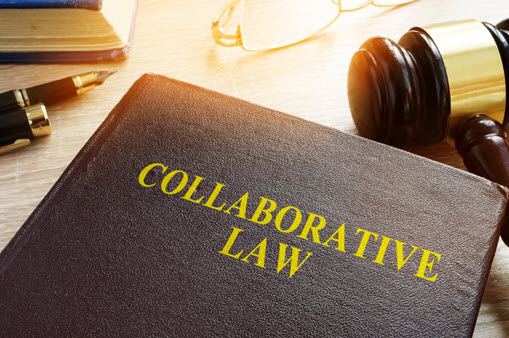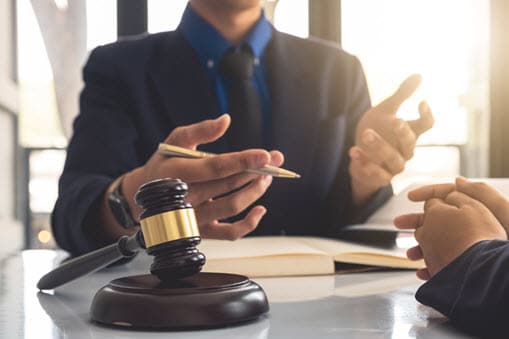
In the Divorce context and possibly probate/family disputes, and certain employment disputes, Collaborative Law is worthy of consideration. Collaborative Law is a process that has all participants, the disputants, the lawyers, coaches all commit to settlement through negotiations taking place. The purpose is that everyone involved only sees and works towards settlement and not position for a future litigation as sometimes naturally occurs in a traditional settlement/litigation setting. What is important for the disputants to consider when weighing a collaborative approach is the emotional trauma that impacts everyone in the family and friends surrounding the divorce. The collaborative law settlement… Read More

Any divorce proceeding requires the local court to ratify the final property, custody and visitation agreement and issue a legal decree ending the divorce. This does not mean that the process needs to begin with a court filing. To the contrary, most family dispute settlements begin outside the courthouse with a conversation with an attorney who can represent you in the settlement negotiations and when a deal is reached file for the divorce in court. Conversely, you can contact a mediator who will sit with both sides and work through to a settlement. These are the two most frequented procedures… Read More

I wanted to share a brief history of how I moved into the world of conflict resolution and Alternative Dispute Resolution. I share this story not about me so much as about how powerful each of our personal stories can be in context to the changing world of our political times, the profession, and when we are clear about our personal goals and aspirations. My first introduction into the formal ADR world came at a challenging transition in my life. I had decided to leave my position as Associate General Counsel at Verizon to move into a private practice. I… Read More

The interests are often not easily bundled into a list, or clearly called out, but are often lurking below the surface. The mediator/neutral and the principal party will usually engage in a dialogue or an “appreciative inquiry” of understanding why the client is taking a certain view or position on an issue in order to get to the underlying interests. One instructive example involved an electric utility responsible for providing transmission and distribution of natural gas into a major urban area. The utility provided its customers in this million plus metropolitan area with natural gas served from this one major… Read More


